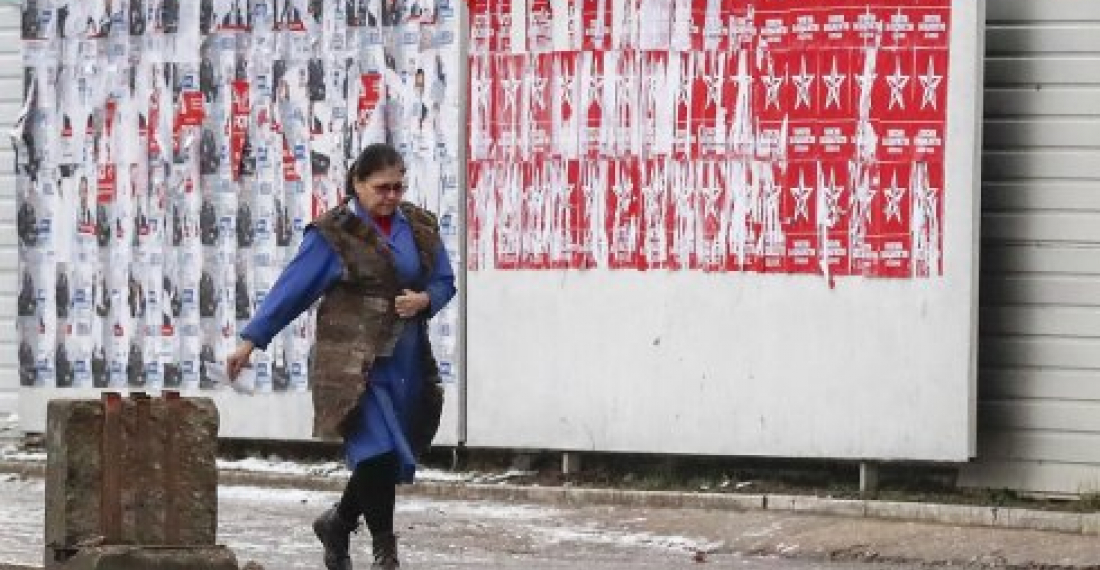With nearly all of the votes from Sunday's parliamentary elections in Moldova counted it appears that no party has got enough votes to form a government on its own, and the configuration of parties in the new parliament indicates that a coalition government will not be possible. If a government is not formed within 45 days new elections will be called.
With 97% of the votes counted, the Socialists received 31.4 percent of the vote.
The pro-EU ACUM coalition, which ran on an anticorruption platform, finished second with 26 percent, ahead of the ruling Democratic Party, which was third with 24 percent.
Under recently changed constitutional rules, the 101 parliament members are elected in a mixed system, in which 50 are elected on party lists with the other 51 elected in single mandate constituencies.
source: commonspace.eu with agencies







